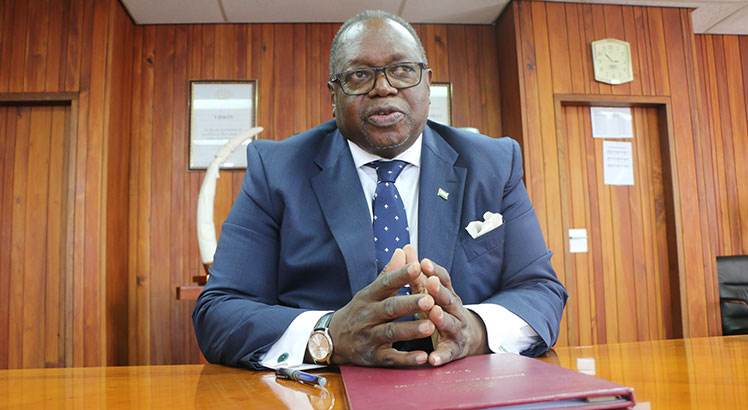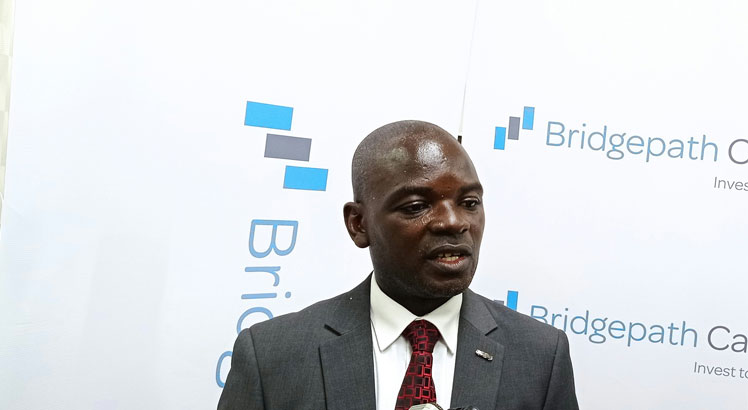RBM moves to ‘float’ Kwacha
The Reserve Bank of Malawi (RBM) has announced new operational changes to the foreign exchange market, a move economic experts and exporters say shows the central bank is moving towards a floating exchange rate regime.
The move follows last week’s 44 percent devaluation of the kwacha, which has resulted in the local unit trading at K1 700 against the dollar.

In a circular released last week and signed by RBM Governor Wilson Banda, the central bank said authorised dealer banks (ADBs) “are permitted to freely negotiate exchange rates to trade with the clients and amongst themselves, notwithstanding any limitations previously in place”.
RBM also announced that the foreign exchange auctions, which it has been using for price discovery since January this year, will switch from the monthly cycle to every two weeks and that sales will take place only as necessary to address disorderly market conditions.
Reads the statement in part: “The above measures have been undertaken to strengthen the forex market, allowing for broader participation and greater transparency and to support the bank’s policy of accumulating and maintaining a sufficient buffer of international reserves.
“The bank is certain that these measures will increase flexibility in the exchange rate and thereby enhance economic activity.”
RBM spokesperson Mark Lungu said in an interview yesterday that more flexibility will allow the exchange rate to be determined by the market, adding that the currency adjustment was done to correct misalignment that resulted from supply shortages in the market.
“Therefore, some degree of flexibility in managing the exchange rate might help to avoid going back to a similar situation,” he said.
Economist Winford Masanjala said in an interview on Friday that the circular seems to show that the central bank is letting the local currency float within a band to let its value be dictated by the forces of demand and supply.
He said the central bank’s decision will promote economic stability in the long-term, but stressed that the government will have to practise fiscal discipline to successfully deal with the problems of balance of payments.
Said Masanjala, a former director of economic affairs in the Ministry of Finance and Economic Affairs: “You also need to look at the view sector in terms of production. That is where we have been failing in terms of looking at what we need to produce and what we can produce to export.”
In a separate interview, LM Aquaculture managing director David Nkhwazi, a local exporter, commended the government for floating the currency, saying it is the best way to boost production for exports and import substitution.
He said: “As much as the currency must be floated, investments must also be made in local production to support the economy and avoid further loss of value of the local currency.”
Nkhwazi said the RBM must take a targeted approach to help industries produce more for local consumption and export.
In a statement on Wednesday night, RBM Governor Banda said the 44 percent devaluation follows the imbalances as well as the mismatch in the exchange rate in cash and telegraphic transfer.





